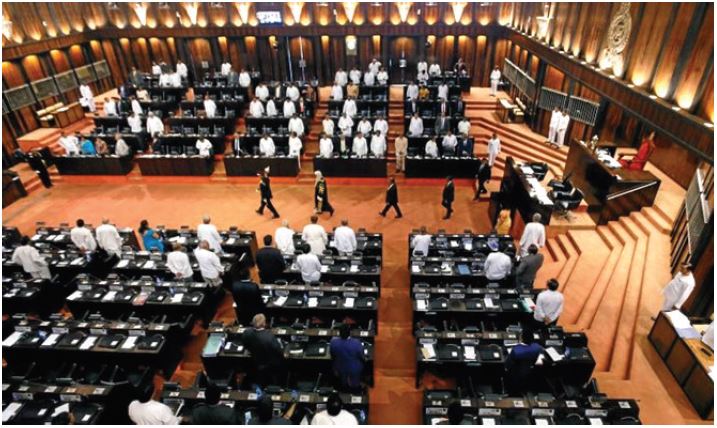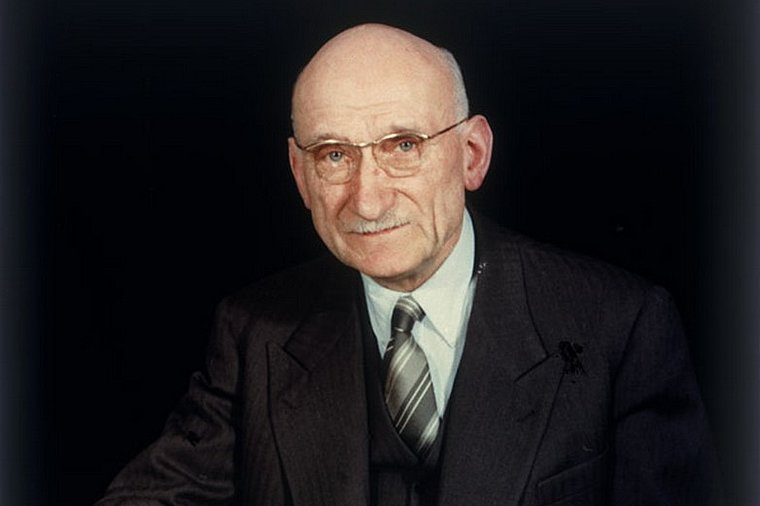The responsibility of Christians.
That Europe is seriously in crisis is an obvious fact. The crisis is particularly worrying because it is part of a global framework of strong tensions that threaten peace. Today it is urgent for Christians to reflect on the words of Pope Francis: “Good politics is at the service of peace”, and it is only so if it is lived as “service to the human community”.
Peace must, therefore, commit us as Christians, and this becomes all the more true that it appears evident that this action of fraternity cannot simply be delegated at the moment when the political practices take an orientation contrary to human rights, justice, social solidarity. Today it is necessary to reflect and to support a good culture that opposes the prevalence of the principles of individual and national selfishness. We have a duty to react to these practices.
In order to promote peace, all forms of supranational cooperation and union must be strengthened, so for us it means above all strengthening Europe. This is also a requirement imposed by globalisation. At a time when the economy and finance are taking on a supranational dimension, politics must also be supranational. If this is not the case, then economics and finance inevitably escape the control of politics in general and of a politcs inspired by the principle of the common good (i.e. universal)
If the political power is overtaken by economic powers, on the one hand it ends up being at their service and on the other, because it cannot counteract those powers, it invents other enemies to whom it attributes responsibility for economic and social crises and, abandoning the principle of the common good, it attracts new nationalisms that risk putting peace in serious danger. Europe could become an effective antidote to this drift, revealing itself as a subject able to start a supranational government on the basis of the best values of the Western tradition, which has Christianity as its essential component.
Without forgetting that the European Union has also meant overcoming centuries of devastating wars between the various states of the continent. Now, however, it seems that the process of European unity is being unravelled, with Brexit and the resurgence of nationalisms, which, while allying to unravel Europe, can only preempt future conflicts.
The service to peace that Europe can render today not only concerns the overcoming of ancient internal conflicts, but also, on the one hand, a function of balance between the great world powers and the dangerous drifts they are taking, on the other hand, also for its geographical position, a relationship with African and Middle Eastern countries, which replaces the old and new colonial exploitation with effective economic support and in the short term a widespread practice of receiving immigrants.
Facing the real prospect that the next European elections will lead to a dissolving process based on the principle of the first (first me, my family, my region, my nation, my race, my religion), Christians must make a voice heard against. We Christians must understand the urgency of a witness that restores hope to Europe and the world and that moves us away from the brink, proposing a policy based on universalist principles and solidarity. Being a Christian cannot be reduced to caring for one’s soul and defending ancient traditions and devotions. There are moments, like this one, in which we are called with particular urgency to that exit to which Pope Francis urges, an exit that must concern parishes and associations above all, so that their voices may be heard and above all so that they may work for justice and peace.
We cannot forget that the frightening disasters of the last century (not to mention the previous centuries) might not have happened if Christians had not been distracted and in many cases acquiescent and even consenting, with very few and even extraordinary exceptions, such as Bonhoeffer or the Scholl family. The work and witness of the martyrs does not justify our disengagement, but rather condemns our laziness.
To come out to proclaim the Gospel, which Pope Francis proposes to us, requires an act of courage, because it means recognising and denouncing those logics of the world to which the Gospel is opposed, collaborating with all men of good will to defend the poor, immigrants, the marginalised and the discarded, in order to assert the primacy of the common good, justice and peace.
In order to go out, it is necessary to organize soon, in the coming months, initiatives involving parishes and associations and all levels of the ecclesial body, to achieve those objectives and above all to awaken our sleeping consciences as Christians still too much standardized to the mentality of the world or still tied to an individualistic or devotional Christianity, faithful to the customs but far from the Gospel. This reflection leads us to turn to parishes, associations and all Christians, to promote and support in the diocese a process of reflection and action on these issues.




Leave A Comment
You must be logged in to post a comment.